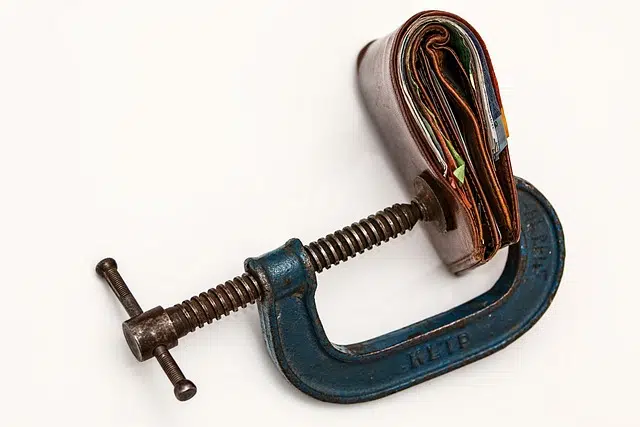
Economic dependence implies the need for assistance to cover basic expenses or grow.
Dependency is a term with several uses. It can refer to the situation of someone or something that is not able to support itself or that is subordinate to a power.
Economic , meanwhile, is that linked to the economy . The set of activities and goods that make up wealth is called economy; to administration that is carried out reasonably and effectively; and to the science dedicated to the analysis of resources and methods that allow the satisfaction of material needs through the use of scarce goods.
Economic dependence , in this framework, arises when a person, a community or an entity is not able to satisfy their material needs, which requires the assistance or intervention of a third party . This issue prevents autonomous development and establishes various conditions that threaten growth.
The economic dependence of a country
Theories of economic dependence of countries began to spread in the 1970s . These postulates aimed to offer an explanation of the problems that many nations face in achieving economic development.
According to various thinkers, the growth of the economy of many countries is tied to the situation of other States . In this way, economic dependence implies submission.
These theories assume the existence of a center and periphery model , where peripheral peoples are in a position of subordination with respect to the powerful in the center. Another similar vision differentiates between the first world (the rich) and the third world (the poor).
At a global level, economic dependence means that countries develop in a combined and unequal way: the growth of some occurs to the detriment of others. Peripheral economies are weak and lack the resources to compete on equal terms with others.

Economic dependence can be registered in people or countries.
Mechanisms of domination
Left-wing economists and sociologists maintain that international trade creates the conditions for increasing the poverty of peripheral nations and, in turn, increasing the wealth of the powers.
This is because specialization , for example , limits peripheral countries to produce and export raw materials and forces them to import industrial products, while the richest do the opposite (import raw materials and export industrial goods). The added value of industrial products, of course, is higher than that of raw materials.
With the technological monopoly of the central economies, these regions can increase prices and wages , when in the periphery both variables tend to decrease due to the same situation.
Economic dependence of people
In the case of human beings , economic dependence arises when one person needs another to cover their essential expenses . Children, in this context, are always financially dependent on their parents or guardians; In fact, they have the obligation to support the minors.
The economic dependence of adults , on the other hand, can be due to multiple factors. Suppose a 30-year-old man is unemployed, without finding a job for several months. So that he can buy food, pay for basic services, etc., his brother provides him with a certain amount of money per month. It can be said, therefore, that the unemployed individual is economically dependent on his or her family member.
